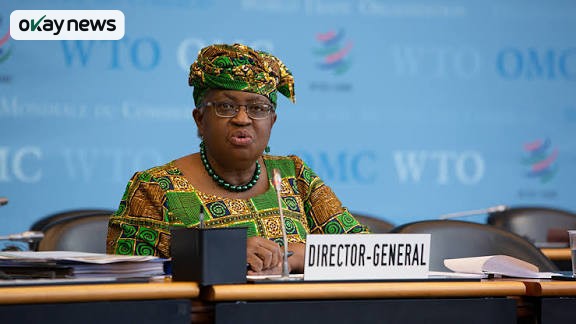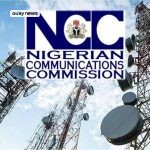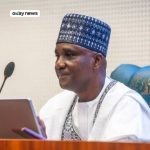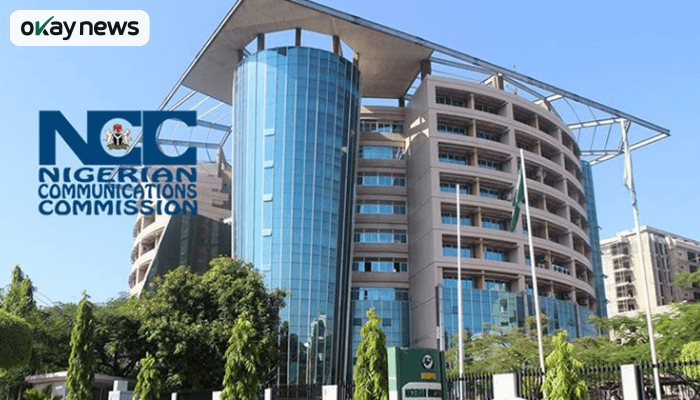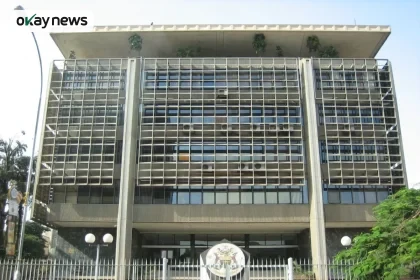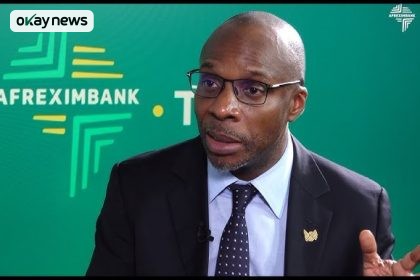The Director-General of the World Trade Organization (WTO), Ngozi Okonjo-Iweala, has revealed that it costs Africans about 20 percent more to trade within the continent than with regions outside Africa.
Speaking in an interview with CNN’s Christiane Amanpour, Okonjo-Iweala said that although Africa is rich in resources, it continues to face structural challenges that limit growth and economic integration. She described the African Continental Free Trade Area (AfCFTA) as “one of the best things” for boosting trade on the continent but noted that its implementation must be accelerated.
“We have the African continental free trade area, which is I think one of the best things we have going on trade but we’ve got to accelerate the workings of the organisation. Because we are trading with ourselves,” she said.
“Only 15 to 20 percent of our trade is among ourselves now. Compare that to the E.U. where more than 60 percent of trade. So we have a long way to go.”
Okonjo-Iweala questioned why African countries continue to import goods they could easily source from one another. “I was asking, why don’t we buy this $200 million worth of textiles within the continent? If we spend $7 billion to import some of the same kinds of textiles, why does Lesotho have to struggle?”
She pointed out that “it costs 20 percent more for us to trade with each other on the continent than with others externally. Something is wrong with that.”
The WTO chief said reducing these costs would enable African countries to fully benefit from their trade and resource potential. She referenced projections from the International Monetary Fund (IMF), which expects Africa’s economy to grow by about 4 percent this year and next, but stressed that the continent should aspire to more given its demographic trends.
“By 2050, there will be 2.5 billion people in the continent. It will have 22 percent of the working age population of the world. If this population is skilled, it could really be a resource for the continent and for the whole world,” she said.
Okonjo-Iweala emphasised that education, technology, and infrastructure must be prioritised to unlock Africa’s potential. “You can’t just say we have people, therefore we are rich. They’ve got to be skilled. We’ve got to be up with the technology and the A.I,” she noted.
She also highlighted that despite holding 30 percent of global mineral resources and 67 percent of the world’s arable land, African nations still grapple with poor connectivity, unreliable power supply, and weak infrastructure that hinder development.
Despite these challenges, Okonjo-Iweala expressed optimism about Africa’s future, saying she remains encouraged by the innovation and creativity of young Africans driving progress in fintech, agritech, health tech, and creative industries.


